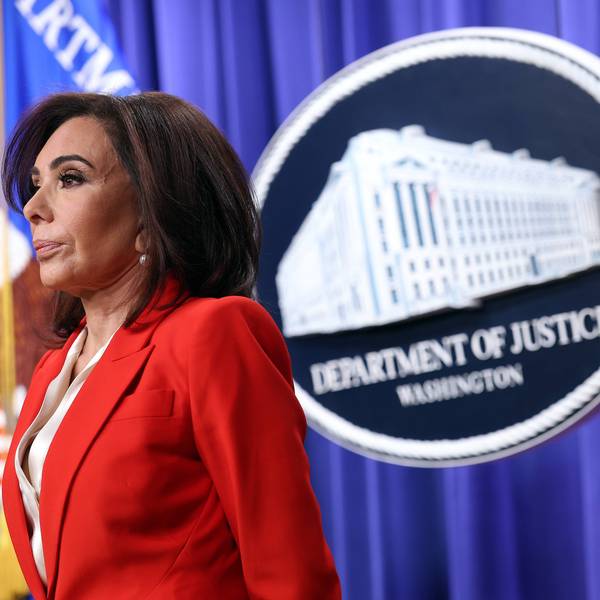Former Special Counsel Robert Mueller testified before the House Judiciary and Intelligence committees Wednesday, where he stuck like glue to the contents of his report. It provided some valuable clarification of what the report actually says, which stands in stark contradiction to the agitprop of President Trump and Attorney General Bill Barr, who both blatantly lied about what Mueller found.
But this raises the question of what Democrats were playing at with these hearings. Mueller provided some valuable theatrical moments, but nothing that wasn't already known.
So what happened? Mueller appeared hesitant and somewhat confused at first, repeatedly asking to hear questions again or directing people to read the report instead of stating answers clearly. Questions from Republicans like Louie Gohmert, Jim Jordan, and Devin Nunes that sought to undermine the credibility of the investigation were largely impenetrable for those unfamiliar with the Fox News Cinematic Universe (as David Roth puts it). And the format of five-minute question blocks for each member of the committees made for a herky-jerky proceeding, as they all scrambled to get their prepared questions out with very little follow-up. A single committee lawyer getting an entire half hour or so would have been a lot more useful.
However, Democrats did get a number of important comments on the record. Mueller flatly contradicted Trump's screeching assertions about the report. When Chairman Jerry Nadler (D-N.Y.) asked: "The president has repeatedly claimed that your report found there was no obstruction, and that it completely and totally exonerated him. But that is not what your report said, is it?" Mueller replied, "Correct, that is not what the report said." He also confirmed multiple instances in which Trump and his minions blatantly interfered with the investigation.
As time went on Mueller gained some confidence, and pushed back against Republican attacks. When Ken Buck (R-Colo.) demanded to know if Trump could be prosecuted after he left office, Mueller blandly replied "yes." He made clear that the (loony) Office of Legal Council opinion that a sitting president cannot be indicted was at the least a significant factor in his decision not to indict Trump. When asked about Trump's praise of WikiLeaks during 2016 (as it was dribbling out hacked Democratic emails in a way calculated to inflict the maximum damage on the Clinton campaign), Mueller said, "problematic is an understatement."
Read full article here.




